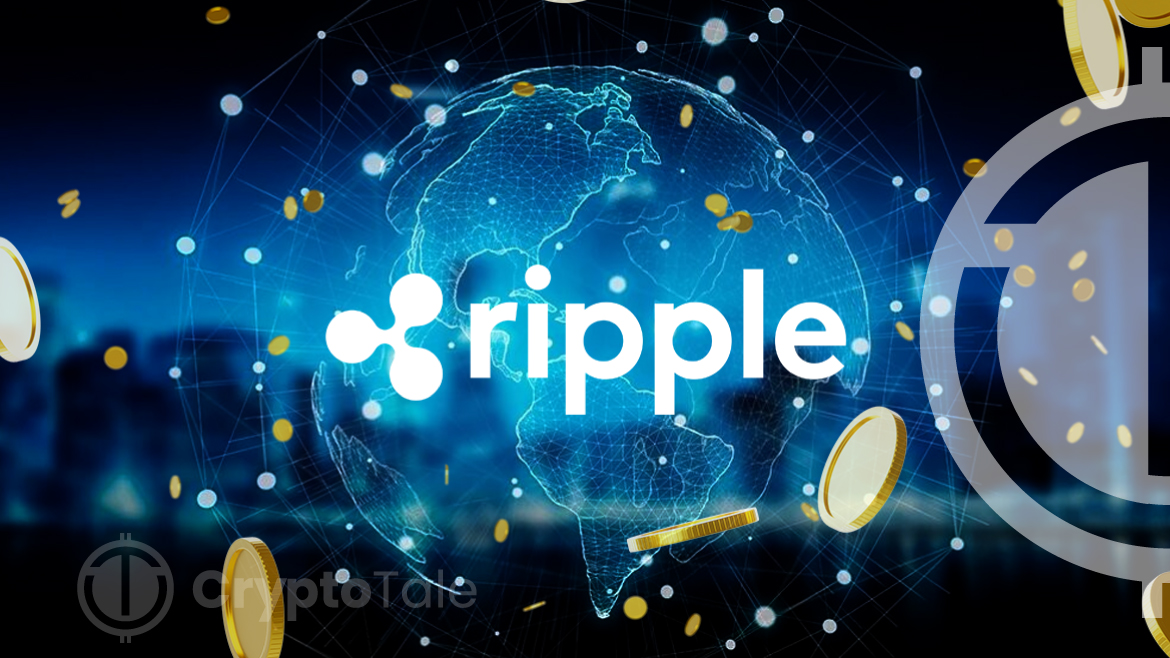- Ripple spotlights the growing trend of asset tokenization, revolutionizing global asset management and trading.
- The company’s 2023 New Value Report indicates broad finance leader support for tokenization’s impact across asset classes.
- Ripple and industry leaders like BlackRock and major banks are pushing forward with real-world asset (RWA) tokenization, leveraging the XRP Ledger (XRPL).
Blockchain payments firm Ripple highlighted the rapidly expanding trend of asset tokenization within the financial sector in a recent post. This emerging phenomenon, which involves converting real-world assets such as stocks, bonds, and real estate into digital tokens on a blockchain, is revolutionizing how assets are managed and traded globally.
According to Ripple, the move towards asset tokenization is propelled by the numerous benefits that blockchain technology brings to the table, including 24/7 market access, enhanced operational efficiencies, and robust security features. The financial sector’s quest for solutions to longstanding challenges such as liquidity and asset management is increasingly looking towards blockchain, it added.
Ripple’s insights into the financial sector’s adoption of tokenization further reveal a growing enthusiasm for this technology. The company’s 2023 New Value Report highlights that a substantial portion of global finance leaders view tokenization as having a significant impact on various asset classes. This sentiment is supported by forecasts from the Boston Consulting Group, which suggest that tokenized assets could emerge as a major economic force in the near future.
The transition from a primary focus on cryptocurrency payments to a broader exploration of blockchain applications signifies a notable shift in the financial sector’s strategy. Ripple asserted that Industries are now piloting tokenization to unlock liquidity and improve operational efficiencies.
In particular, the voluntary carbon credit market is seeing efforts to address its transparency and efficiency issues through blockchain-based solutions. It continued that financial institutions were also not far behind in embracing tokenization. The firm highlighted initiatives such as HSBC’s collaboration with Ripple-owned Metaco to create a digital asset custody service and DBS bank’s introduction of tokenized bonds.
Further, in the real estate domain, plagued by liquidity and transactional inefficiencies, tokenization is being heralded as a breakthrough solution. Blockchain technology is being leveraged to facilitate smoother, more transparent property transactions, marking a shift towards a more accessible and equitable market.
Ripple’s emphasis on asset tokenization’s impact in finance is echoed by industry giants, with BlackRock CEO Larry Fink calling it the “next step” for institutional crypto involvement. Ripple CTO David Schwartz has also highlighted the XRP Ledger’s (XRPL) focus on real-world asset tokenization, a path followed by major firms like JPMorgan and Bank of America. Schwartz’s excitement about tackling the challenge of efficiently tokenizing real-world assets underlines XRPL’s role in advancing financial technologies.






